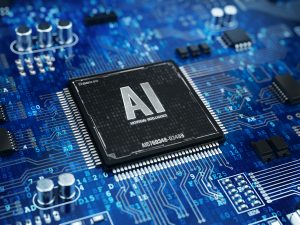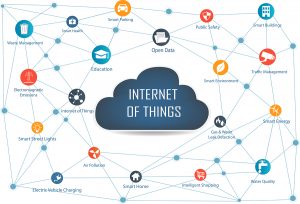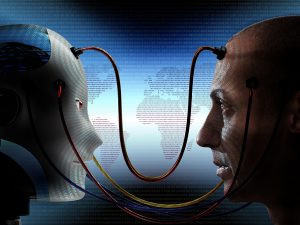
Artificial Intelligence (AI) is no longer just a plot line for science fiction movies. The reality of AI is not walking robots threatening to take over human tasks, but instead it is being implemented in our daily lives to complement the way people work and learn. For example, known by their first names Alexa and Siri, these AI figures will soon overtake Cher and Madonna as the most famous one-named women in the world (if they haven't already). AI is also what enables the instant customer service "representative" to pop up on a website to help answer basic questions. With its commonplace use in the commercial market, AI and machine learning are making their way into agencies across government.[Tweet "AI and machine learning are making their way into agencies across government. #GovEventsBlog"]
AI is becoming a key tool to help streamline response to citizen questions as citizen (customer) service has become a top priority across all government agencies. The IRS is beginning to use chatbots to help manage the 75 million phone calls, and 500 billion website visits from taxpayers each year (a number that will likely grow with tax changes). There's also interest in how AI can improve cybersecurity posture by automating more and more cyber monitoring so that systems are responding to threats at machine speed. AI also holds the answer to many big data challenges. The speed of automated machine processing can help agencies get more value out of the massive amounts of data they own for improved service, programs, and mission achievement. Continue reading



 The Internet of Things, or IoT, is a system of interrelated devices that may have completely different uses, shapes, or sizes, but all have one thing in common-- data and the ability to transfer it autonomously. IoT can be the microchip that helps you find your lost dog, a monitor in a heart valve that alerts doctors and patients to irregular beats, a thermostat that you can turn on remotely, motion detectors that tell you when someone is approaching your door, and so much more. Building on these everyday applications, state, local, and federal agencies are finding ways to use IoT to better serve citizens.[Tweet "IoT was named one of the top subjects discussed at federally-focused events. #GovEventsBlog"]
The Internet of Things, or IoT, is a system of interrelated devices that may have completely different uses, shapes, or sizes, but all have one thing in common-- data and the ability to transfer it autonomously. IoT can be the microchip that helps you find your lost dog, a monitor in a heart valve that alerts doctors and patients to irregular beats, a thermostat that you can turn on remotely, motion detectors that tell you when someone is approaching your door, and so much more. Building on these everyday applications, state, local, and federal agencies are finding ways to use IoT to better serve citizens.[Tweet "IoT was named one of the top subjects discussed at federally-focused events. #GovEventsBlog"]


